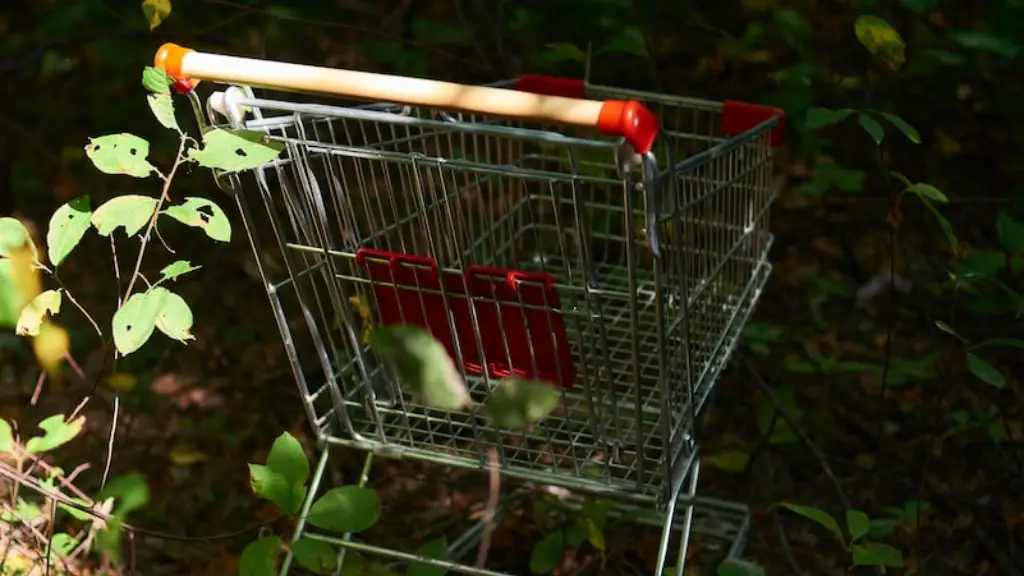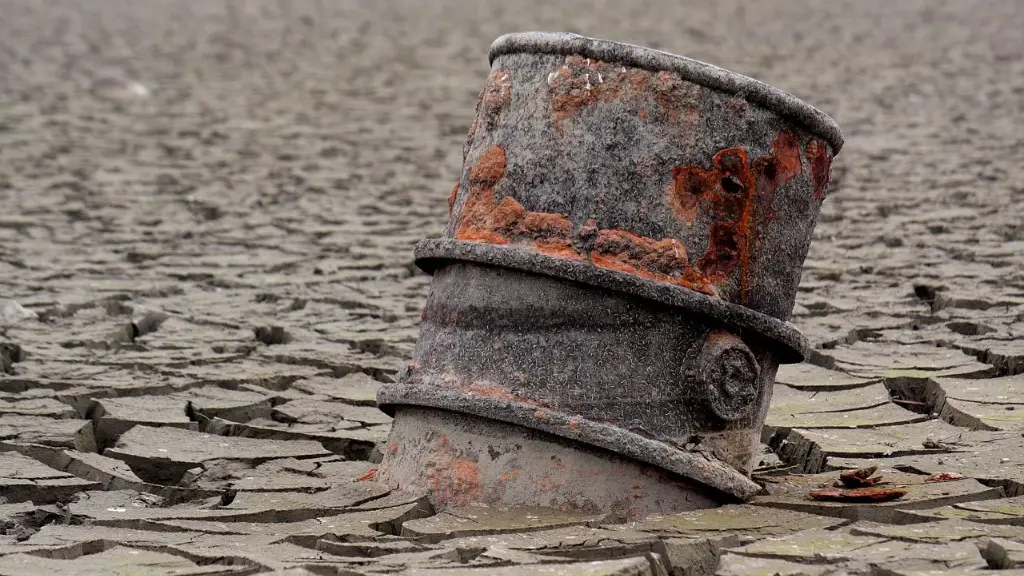Recycling plays an essential role in the reduction of pollution and global warming. The world’s population has been growing steadily over the past few years, as has its demands for resources, many of which come from finite natural sources. We are running out of viable options for minimizing the amount of waste that is generated and contributed to the environment. When we choose not to recycle the items we have used, and the things that come with them, the atmosphere is become more polluted and the climate is increasingly impacted.
When we take the time to recycle our used products, we can help prevent the accumulation of harmful emissions that are released into the atmosphere when these products are repetitively produced. Every time a product is made from new, it consumes energy from petroleum fuels that leads to the production of emissions like carbon dioxide, nitrous oxide and methane that can trap the sun’s heat and contribute to global warming. In addition, certain production and manufacturing processes also emit toxic chemicals and compounds, such as chlorofluorocarbons (CFCs), which can further worsen climate change by depleting the ozone layer that helps to shield us from excess ultraviolet radiation.
Not recycling is part of a larger picture of what is known as the ‘seven Rs of sustainability’- Reuse, Reduce, Refurbish, Repair, Reject, Recover and Recycle- that summarizes all the activities related to sustainability. The activity of not recycling has negative implications across all the other R’s. As people adopt a culture of disposal and convenience rather than reuse, reduce and repair, the volume of waste increases, as do the associated environmental impacts of waste disposal. If people choose not to take part in the recycling process, the lifespan of products is reduced, thereby increasing the need for new materials and revised technology.
When we choose not to recycle, we are not only harming our environment but we are wasting natural resources and the energy needed to create new items. For example, the production of plastic products consumes large amounts of petroleum and other raw materials, which are finite natural resources. We can reduce the consumption of these materials and the amount of energy used in production by reusing, recycling and repairing our plastic goods. By not recycling, we focus too heavily on convenience and consumption at the expense of the environment.
In addition to the damage done to the environment and the wasting of natural resources, not recycling can also have a negative effect on humans. Many of the toxins and chemicals used in production have been linked with serious health conditions, such as cancer, neurological damage and respiratory problems. By not recycling, we are exposing ourselves and our loved ones to a higher risk of serious health conditions.
Not recycling also has a major impact on our economy as it reduces the amount of valuable materials that can be reused or transformed into other products and traded on the market. Recycling can help to reduce the cost of raw materials, which in turn can lead to lower prices for products. In other words, by recycling, we are helping to reduce the cost of goods and services, which can be beneficial for both individuals and businesses.
Ultimately, not recycling contributes to global warming and a host of other environmental, social and economic issues. We must strive to adopt sustainable practices that involve reducing our demand for wasteful products, reusing what we have, and taking part in our local recycling programs. It is only through these collective efforts that we can begin to reverse the effects of global warming and ensure a brighter future for our planet.

